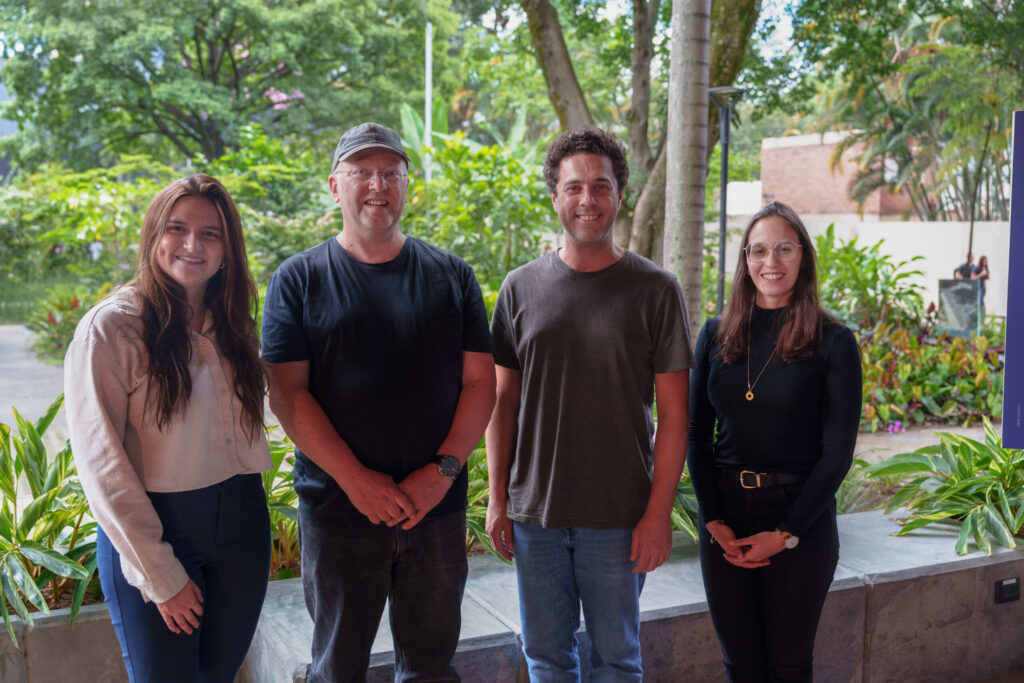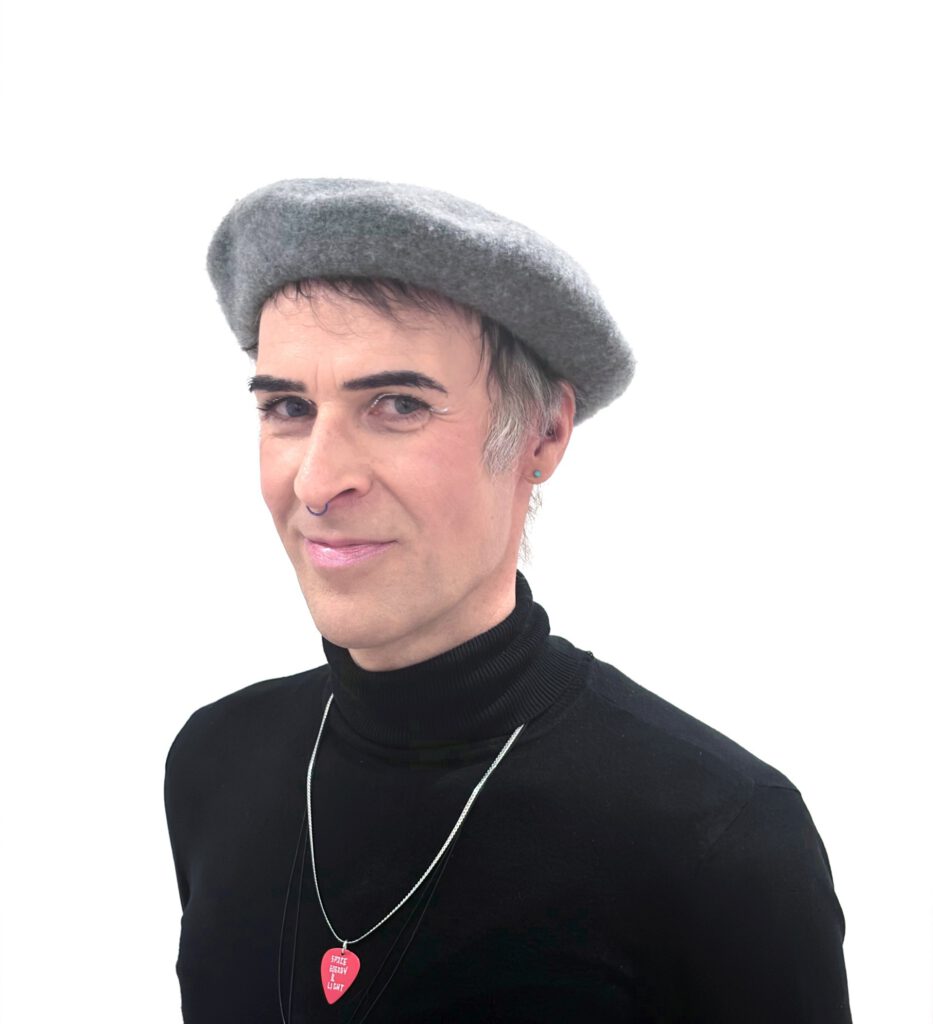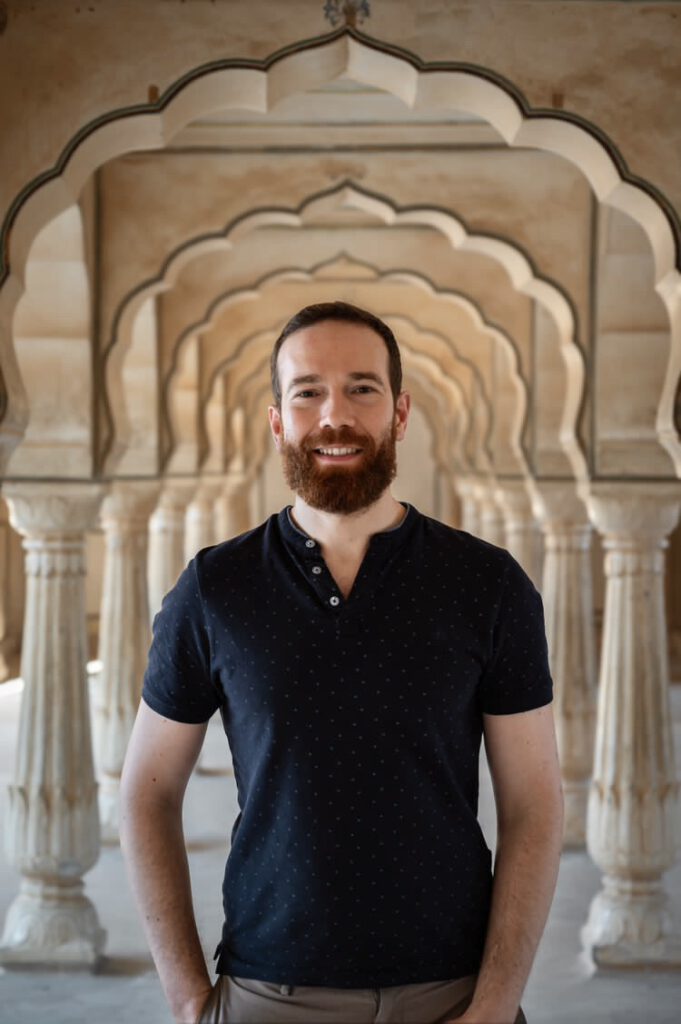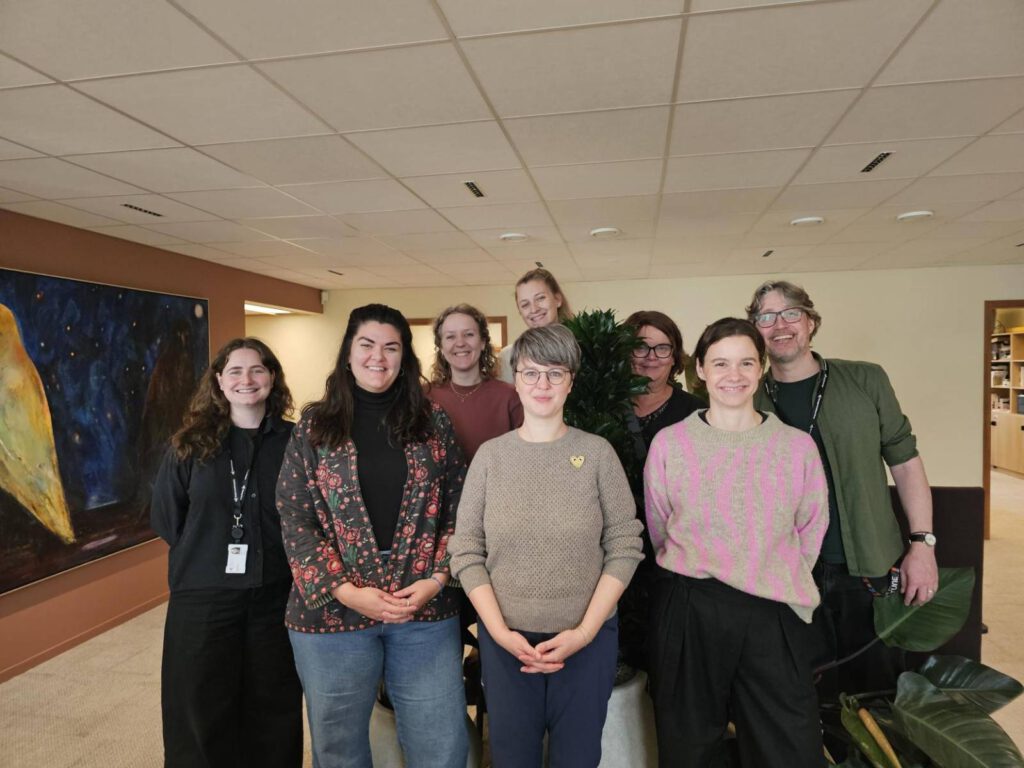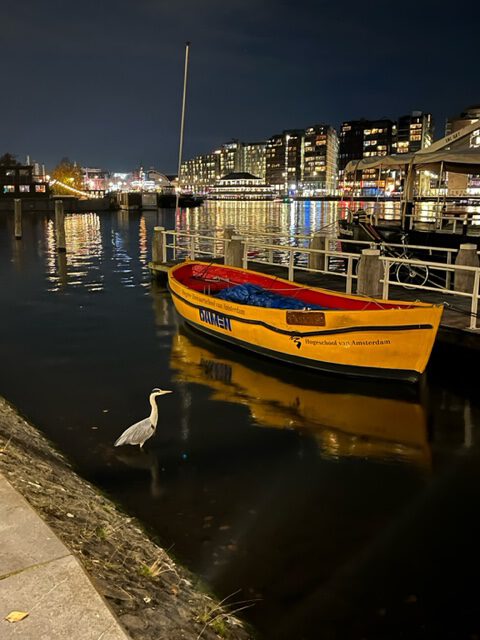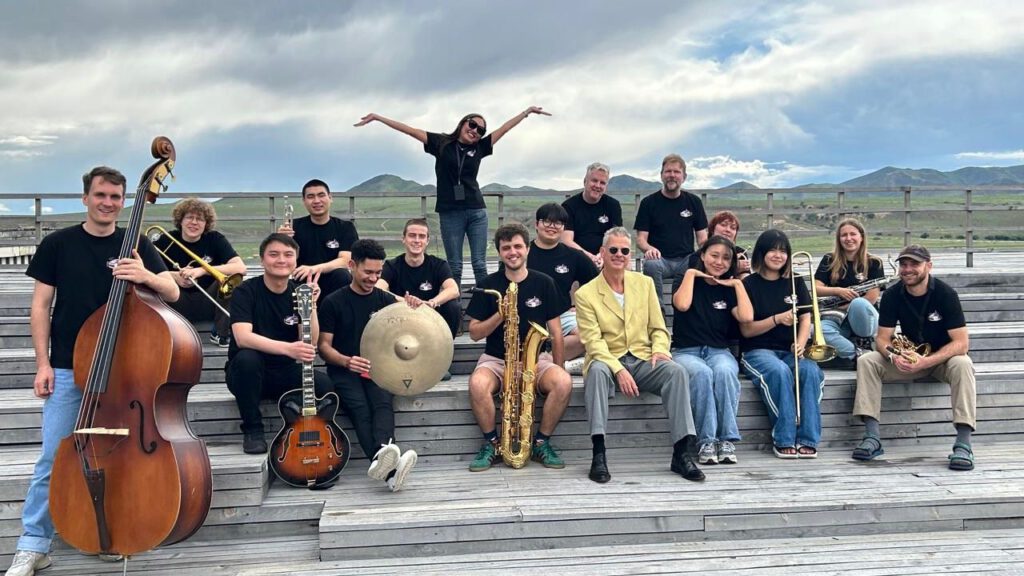Exchange Programme at the Taipei National University of the Arts
After my twelve-year stay in Vienna and long years of study at the mdw, I decided to move to Taiwan, my husband’s native country. And last year in Taipei, the Taiwanese capital, I had the opportunity to study for a year at the Taipei National University of the Arts (TNUA) as an exchange student.
I was curious about the Taiwanese culture, of course, but what I was most interested in was how the musicians, their musical training, and their musical work differed from that in Vienna or in my home country of Japan. And this is why this exchange programme was an important experience for me.
About Taiwan
Taiwan is an island with a subtropical (in the north) and tropical (in the south) climate that lies in the western Pacific Ocean, southwest of Japan and north of the Philippines. Some Europeans confuse Taiwan with Thailand, perhaps because of the pronunciation. But what one often pictures when one thinks of the holiday destination of Thailand – for example, the warm, summery weather all year round – doesn’t exist here in Taiwan. While summers here are indeed quite hot and humid, in winter it is so cold that one needs a winter coat and scarf.
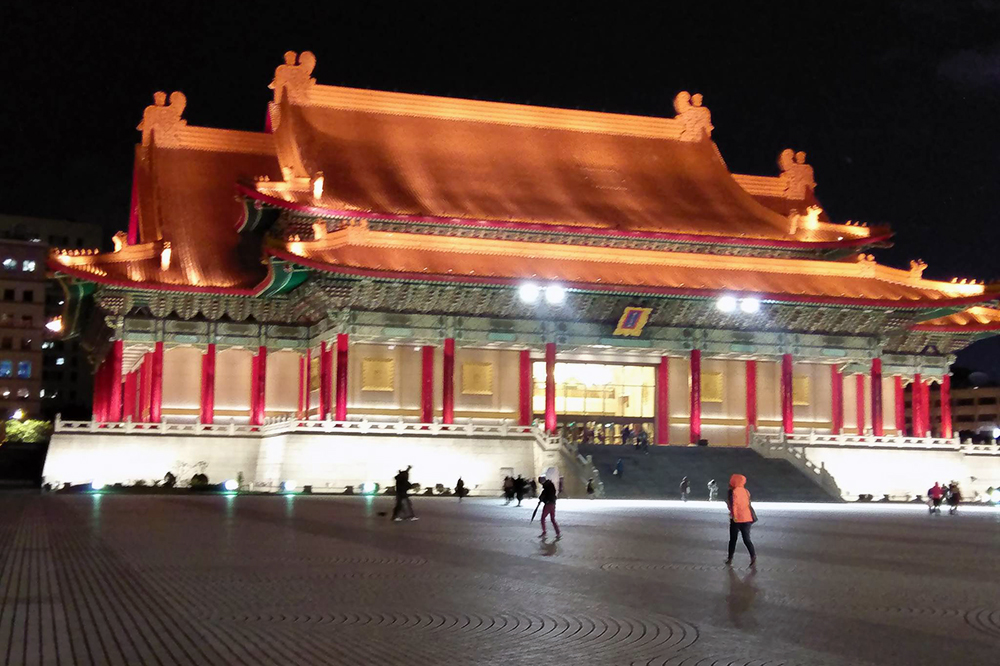
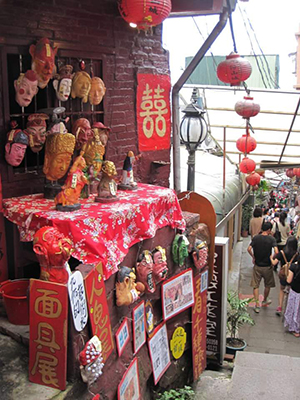
Snow is something very special for the Taiwanese. In 2016, it snowed in the city of Taipei for the first time in 60 years – it is said – and many people were very excited. Many drove up into the mountains to experience the snow (for some the first snow in their lives) and pick it up in their hands.
Taipei National University of the Arts
The Taipei National University of Arts (TNUA) lies north of Taipei, nearly on the border to New Taipei City. The university, which last year celebrated its 35th anniversary, is situated in a huge green area on a hill – an ideal location for an arts university, as it is far removed from the traffic, noise, and hectic atmosphere of the city. Many animals live in the middle of the campus, such as water buffalos and beautifully coloured birds that one would like to look up immediately in a bird guide.
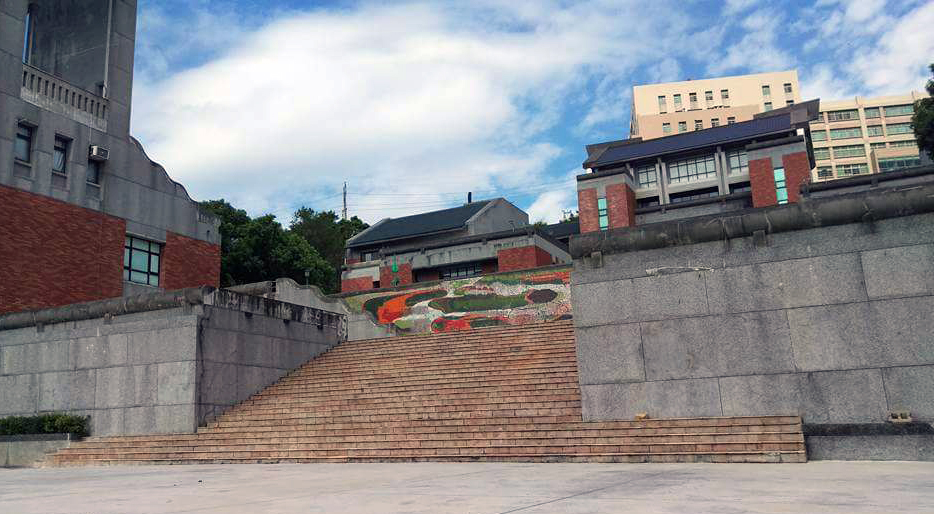
There are many dogs here – not only outside but also inside the building. The student association cares for them lovingly. Sometimes, poisonous snakes, frogs, and turtles can be seen as well. On weekends and holidays, many tourists and families come with small children to see the animals.
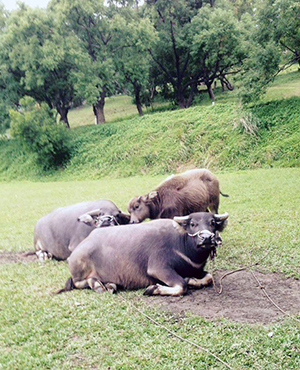
This university offers numerous opportunities for studies in the area of classical music, traditional Chinese music, dance, acting, and film. Many graduates of this university start their careers on international stages.
During my exchange programme, I primarily attended lectures in the master’s programme for voice. Because the curriculum focuses on classical music, the courses offered by Asian music universities are similar to each other, similar to the situation with European music universities. In addition, there are naturally also country-specific courses, such as “The History of Taiwanese Music” or “The Interpretation of Chinese Music”.
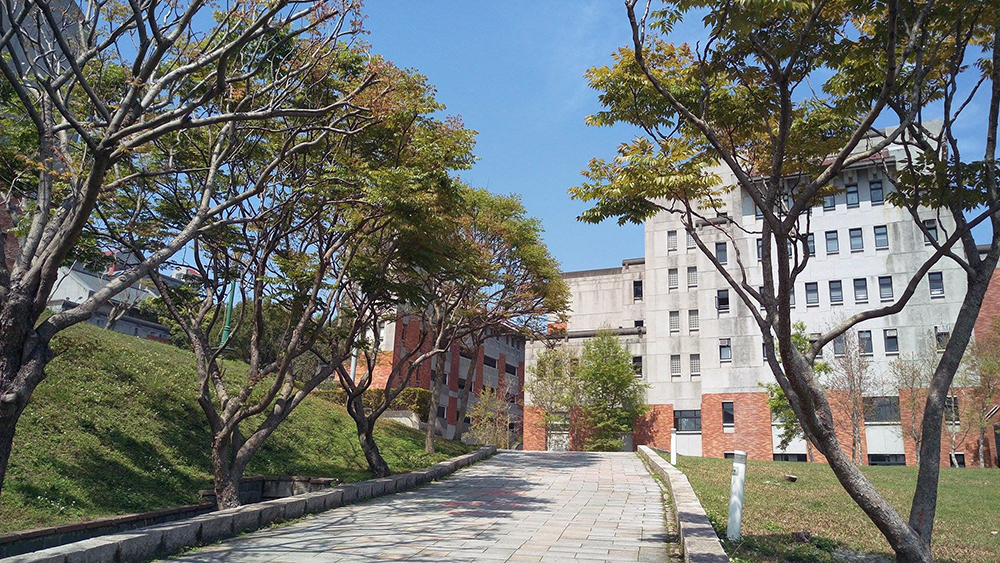
Before beginning with this exchange programme, I took a six-month Chinese language class. But my Chinese was nonetheless too poor for me to really be able to understand the subject matter of the classes and lectures, so I was only able to guess about what was being said. At the beginning, I sat in the lectures with a mixture of curiosity and loneliness. There are foreign or exchange students in every branch of study. But they are much fewer in number than at the mdw. Most of them are from countries such as Malaysia, Hongkong, and Macao and speak Chinese almost like their mother tongue. Some of my professors and fellow students were absolutely astonished that someone like me, who scarcely spoke any Chinese, would study in the music department.
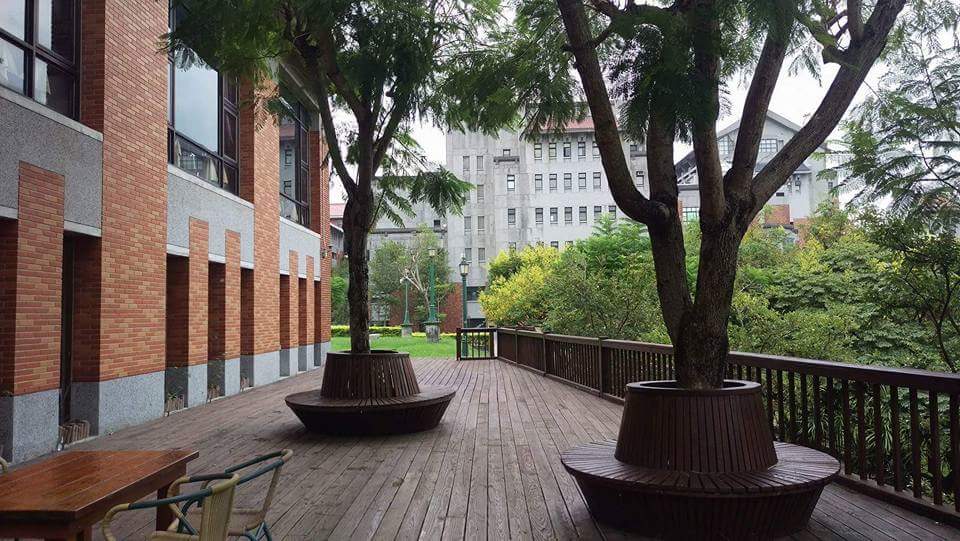
But the other students were very nice, and there was always someone who would translate for me into English, German, or even Japanese, which was very helpful. Aside from these languages, we were sometimes able to communicate only through gestures, facial expressions, or even music – we really used every possible method to exchange opinions!
Fortunately, the professors were also accommodating and allowed me to write reports and written assignments in English or German. My main professor in voice had studied in Germany, so I was very fortunate that he was able to support me in German if necessary. This was a relief for me because it was not that easy to suddenly adapt to a strange country with an unfamiliar language, culture, and customs.
At this university, as well as at other music universities in Taiwan, I noted with interest that there was a strong influence from music universities in the US. This was particularly evident in the form of final exams but also in the design of the lectures.
The students in the master’s programme conclude their exams in the form of a public concert in the university’s 500-seat concert hall. In addition to the final concert, the examination consists of a “lecture concert” pertaining to the content of the master’s thesis. The works dealt with in the thesis are introduced in a lecture and then performed. I have never experienced this type of exam in Austrian music universities, but I have in American universities.
The lectures I attended were more or less an exercise for the lecture concert. In lectures such as “Interpretation of Chinese Vocal Literature”, “Interpretation of the German Art Song”, or “Interpretation of English-Language Songs”, all students give a presentation about the works they have chosen. These works are rehearsed ahead of time and performed live as part of the presentation.
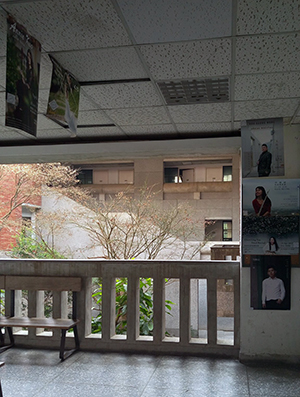
The final concert that is part of the exam also proceeds differently than at the mdw, in that it resembles a concert one organises oneself outside the university. The students see to the reservation of the concert hall and the photograph of the artist for the poster, and they design the programmes and invitations and have them printed. The programme booklet includes the literal translation of the song and aria lyrics. On the day of the concert, one needs helpers for the reception area, at least one usher, a photographer, an audio engineer for the video recording, a lighting technician, and someone to prepare the food and beverages for the guests. Which is a lot of organisational work!
At regular recitals at the end of each semester, these organisational skills are already practised and experience is gathered. When the professor determines the date for the class recital, the students divide up the organisational tasks. Students of the lower classes take on slightly more work and prepare the posters, programmes, and “dinner box” for all participants and the professors.
When I saw for the first time how independently the students worked for the class recital, I was very amazed. My memories from my student days in Vienna were completely different. At the mdw, it was basically the professors who took over the organisational work for the recitals and concerts, and we were largely focused on the performance.
On the one hand, I was very thankful for the support of the professors and department secretaries at the mdw that enabled us to concentrate fully on the music. On the other hand, however, I found the approach at the TNUA interesting and instructional as well, in which the basic know-how of concert organisation was an integral part of the music studies.
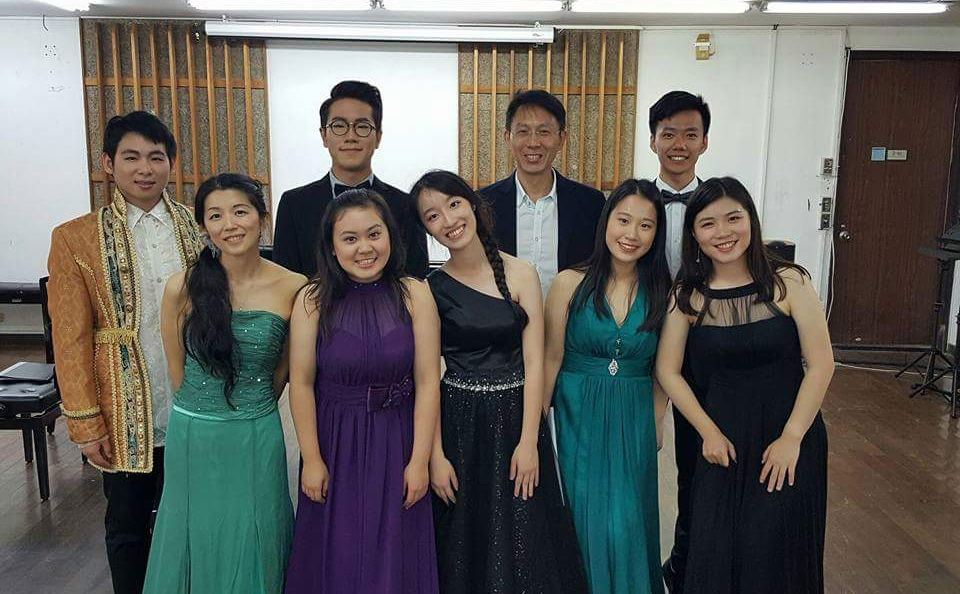
One of my lectures was especially challenging but also very fascinating for me. It was called “Interpretation of Chinese Vocal Literature”. The official language of Taiwan is Chinese (also referred to as Mandarin), but Taiwanese, Hakka, and many other languages are spoken as well. In the underground, the stops are always announced in four languages: first Chinese, then Taiwanese, Hakka, and English.
In any case, this lecture deals with vocal literature in these various languages and dialects. The assignment for us students was to perform a new song each week. I very much admired the fact that the students mastered singing in all these various languages, even though almost no one had any familiarity with them. The languages really sound so different from each other that I can scarcely believe that they are all spoken on this island.
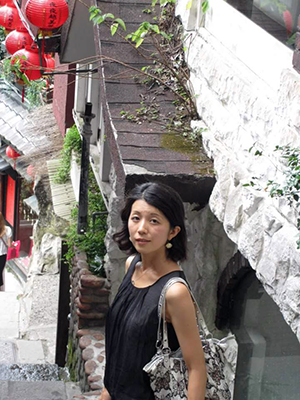
Learning this vocal literature in my new language, Chinese, was not the only exciting thing I experienced. Interestingly, during the exchange programme, I had a craving for German-language literature like never before. Consequently, I delved into it intensively. I don’t know if this craving developed due to my yearning for Vienna, but I discovered entirely new aspects and lines of thought in myself that I did not have in Vienna. Only when I had left Vienna and came to an unfamiliar university with different people and a different culture did I find a new approach to the German-language repertoire. That was an unexpected development.
Ultimately, my exchange programme at the Taipei National University for the Arts was for me an adventure with many interesting experiences. Through the new kind of music and the nice people at the university, I got to know a world that I hadn’t been aware of previously. And at the same time, the year abroad was a good occasion to look back on my time at the mdw and to reflect on what I was learning in my new life in Taiwan.

